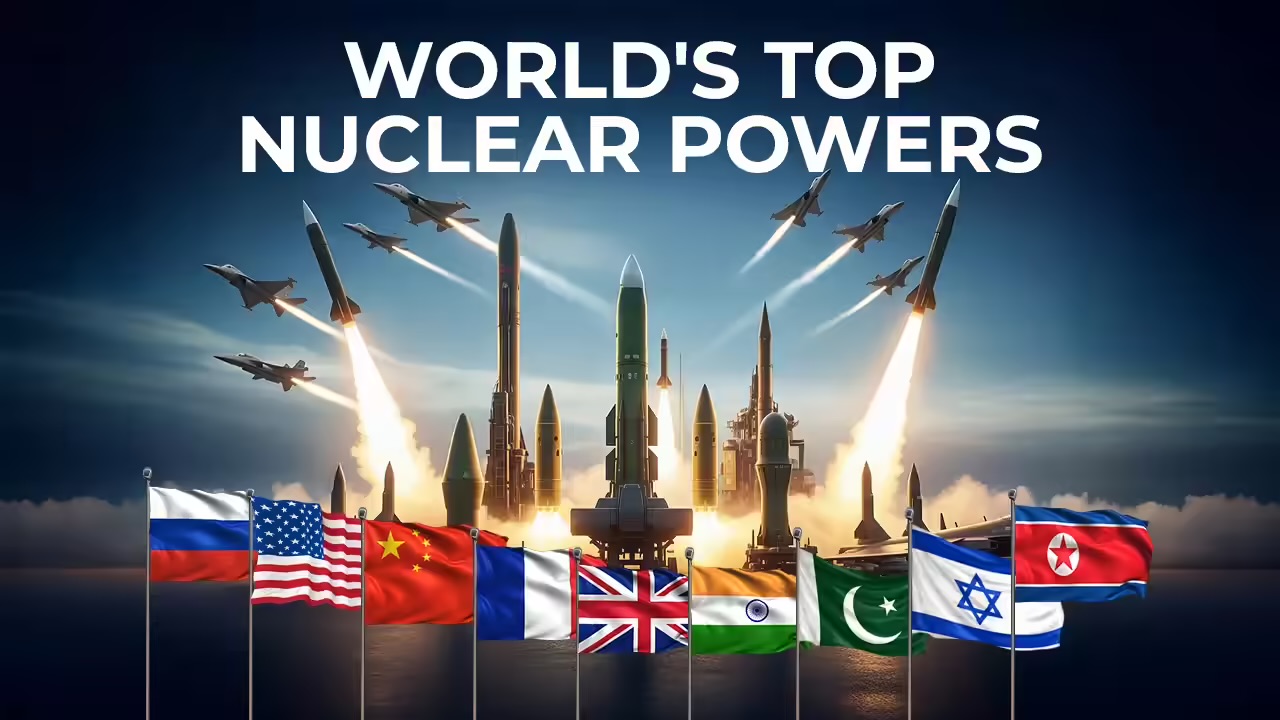
Nuclear power sits at the intersection of energy, war, and economics. Its role in survival reveals the fragility of global finance, security, and civilisation itself.

As the world shifts from unipolar dominance to multipolar uncertainty, the fragility of allies reveals the limits of trust, unity, and survival in global politics.
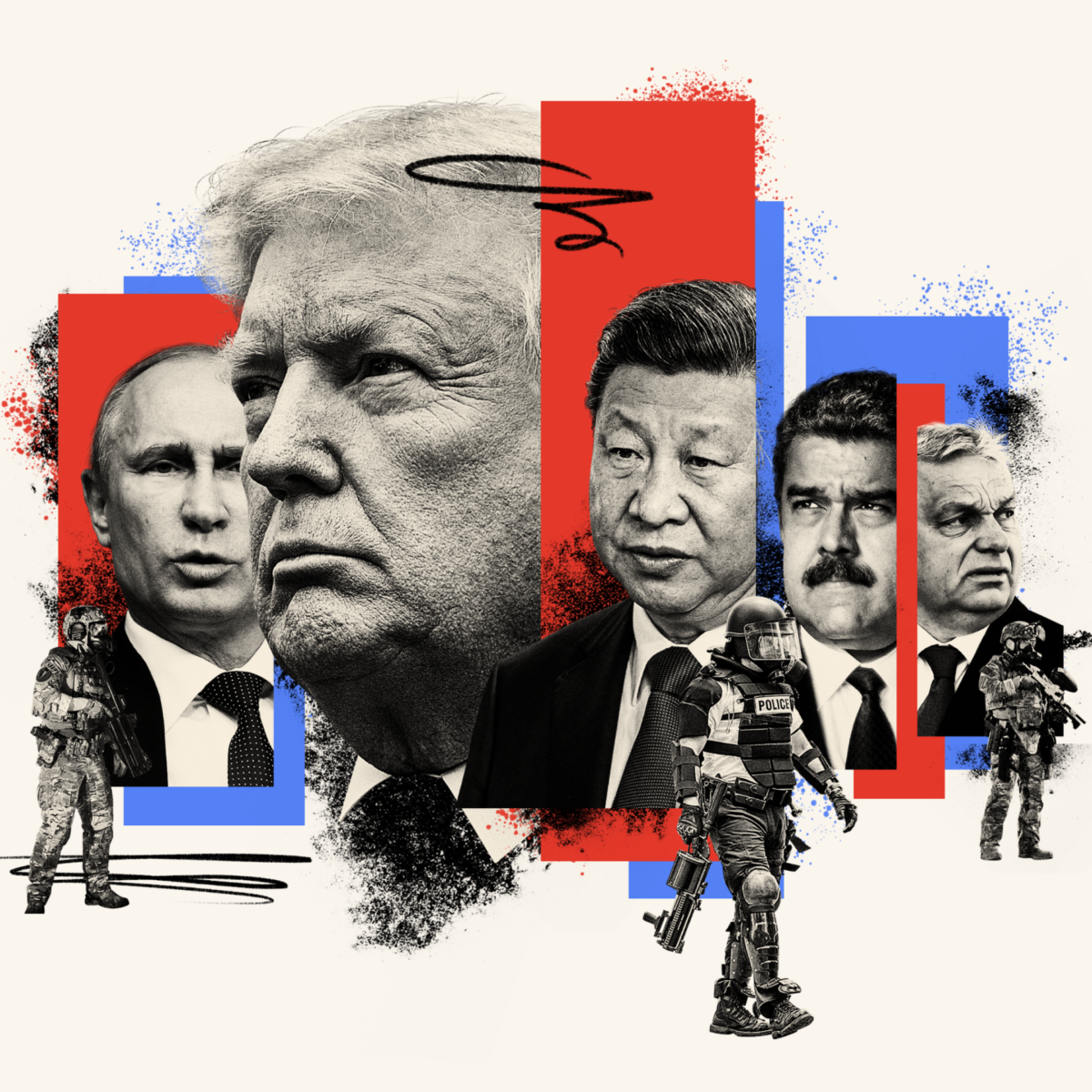
As authoritarianism rises, world leaders face the test of defending democracy. Can resilience and reform save it, or is decline inevitable?

Free speech in America functions like a pendulum. Each suppression sets up a return — but not without cost. The challenge is ensuring that the clock of democracy does not break before the pendulum can swing back.
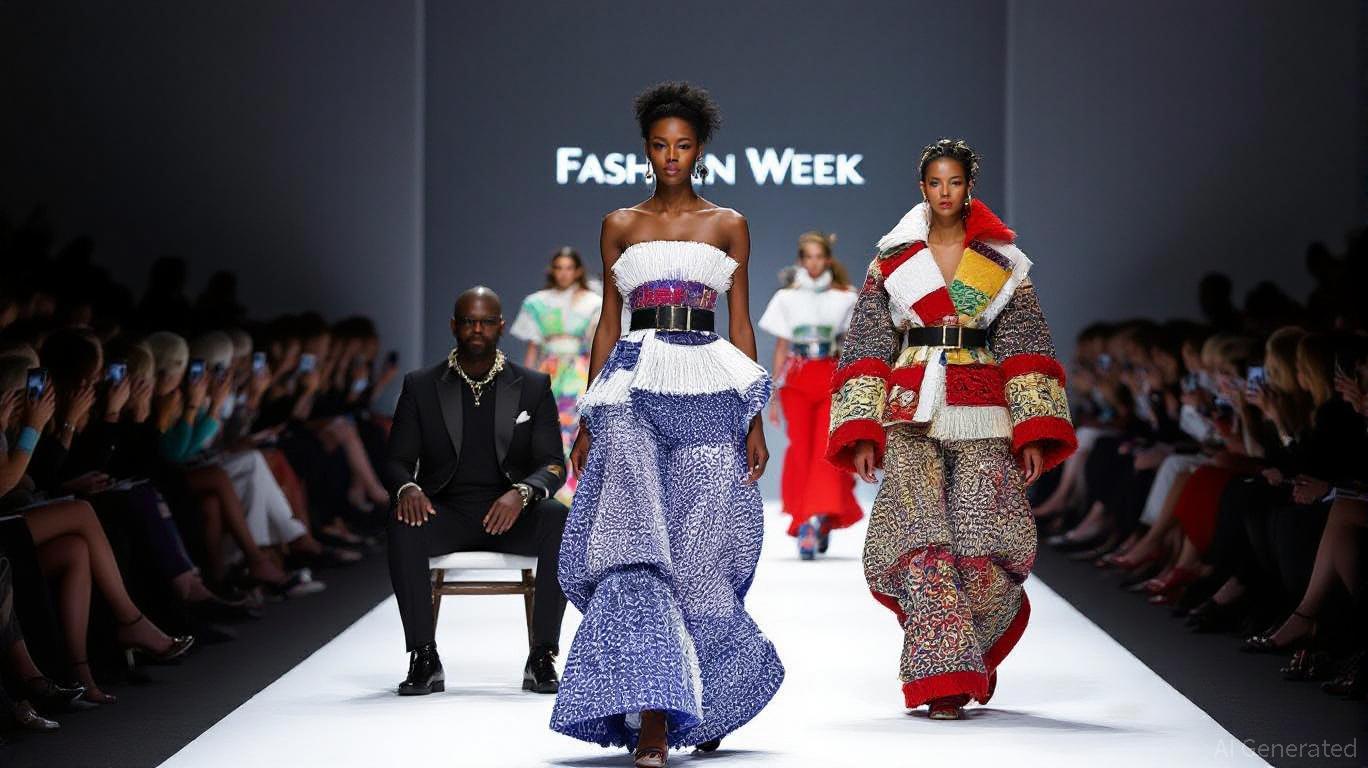
As globalisation shrinks distances, fashion shows have become platforms for education, intercultural dialogue and the celebration of human heritage. This article reveals how each stitch and stride on the runway tells a story and builds bridges between generations.
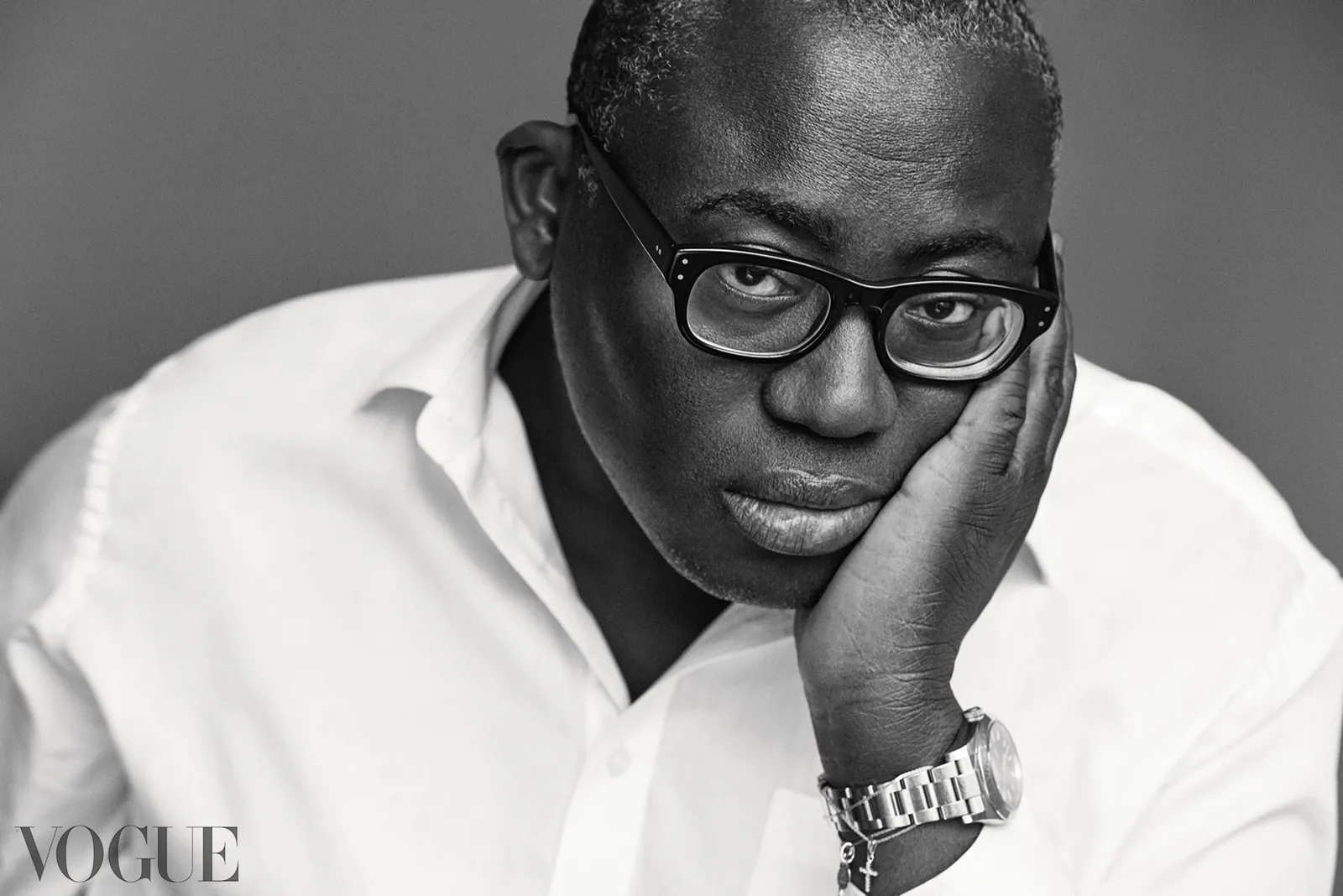
Edward Enninful confirmed that the March 2024 issue will be his last as British Vogue’s editor‑in‑chief . He will stay at Condé Nast as a global creative adviser . This piece reviews his impact on diversity, his influence on global style narratives, and what his new post could mean for fashion’s future.

The suspension of Jimmy Kimmel’s show was framed as a matter of taste, decency, and corporate prudence. In reality, it was a warning: if society no longer tolerates risk in comedy, it will soon struggle to tolerate risk in innovation. Comedy is the cultural canary in the coal mine. When it suffocates, innovation is next.
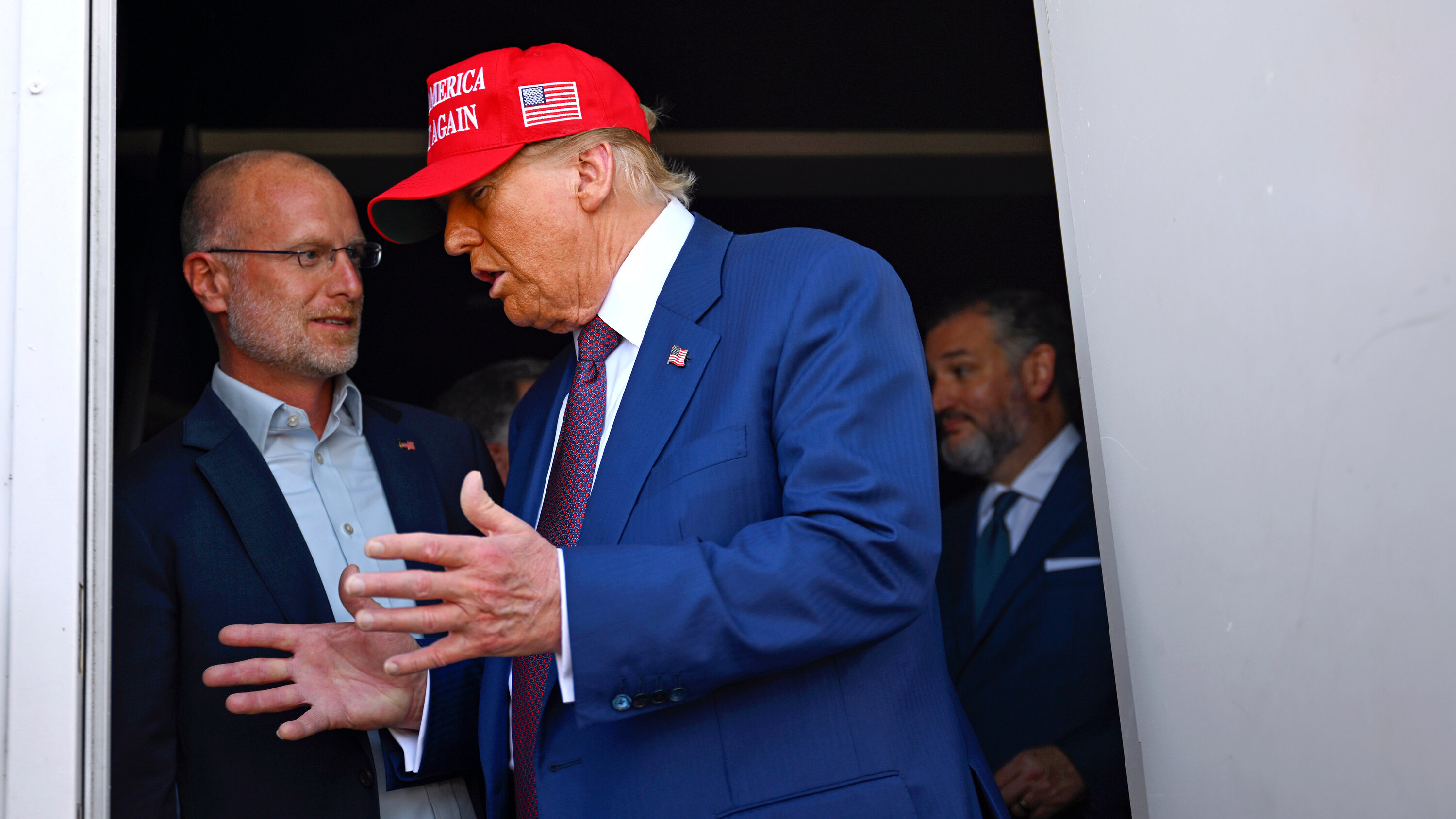
In a democracy, businesses are supposed to provide goods, services, and jobs — not police satire. Yet here we are: corporations making cultural decisions not out of artistic judgment, but out of political fear.

Comfort food and political unrest may seem worlds apart, yet their intersection reveals how culture, nourishment, and narrative shape resilience, democracy, and survival in turbulent times.
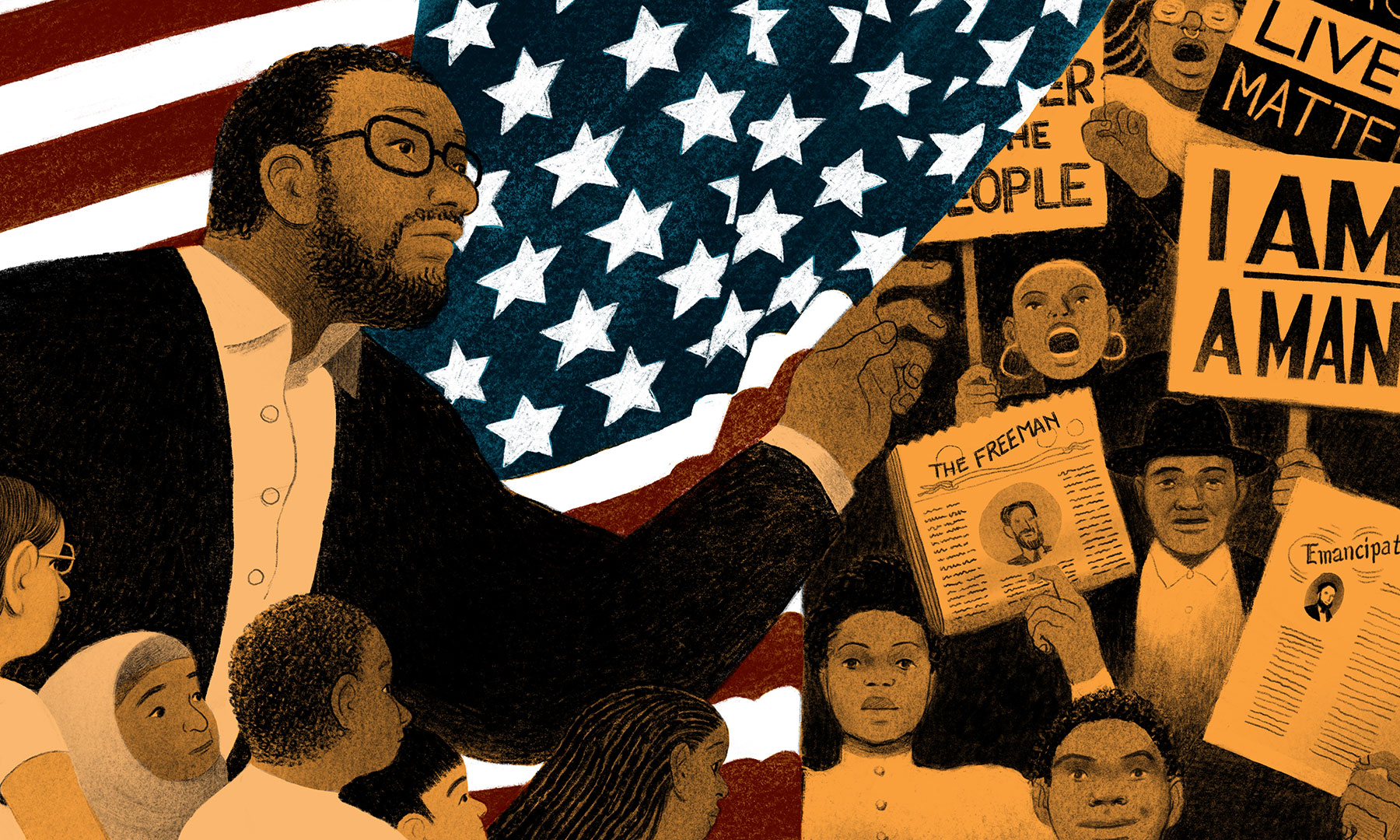
The suspension of Jimmy Kimmel’s show isn’t merely about one man’s words. It is about the erosion of a lifestyle that has defined the American experiment.
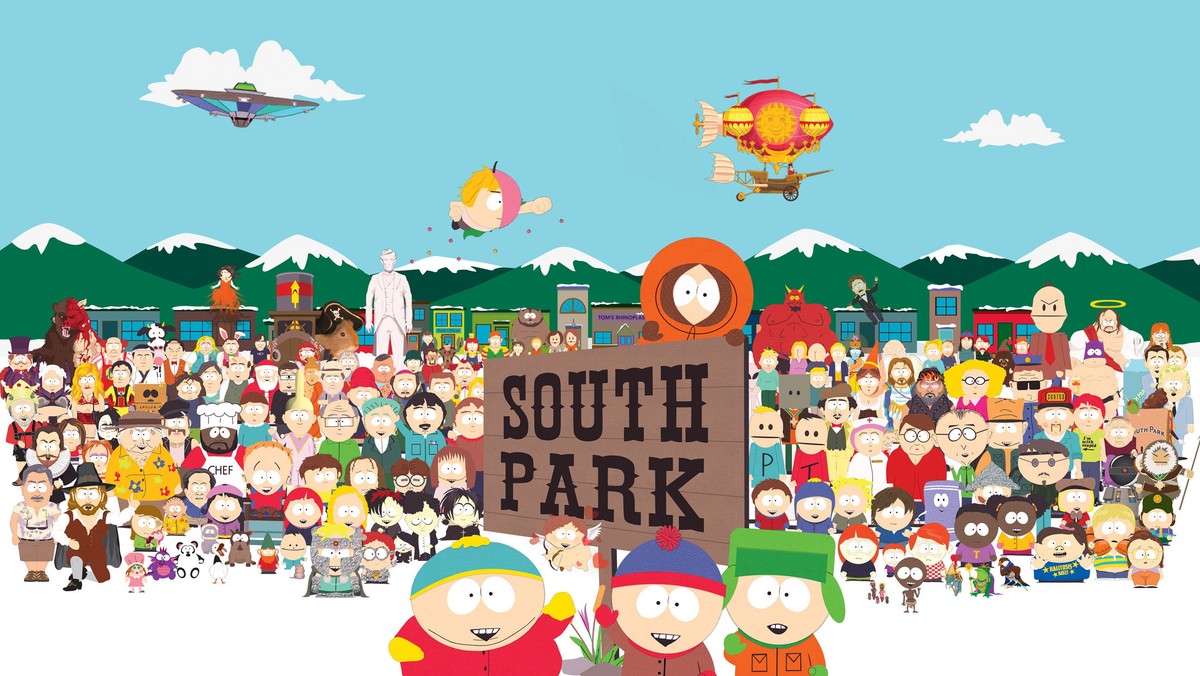
South Park’s ruthless return against Donald Trump is more than satire. It exposes power’s absurdities, democracy’s fragility, and the enduring role of humour in political critique.
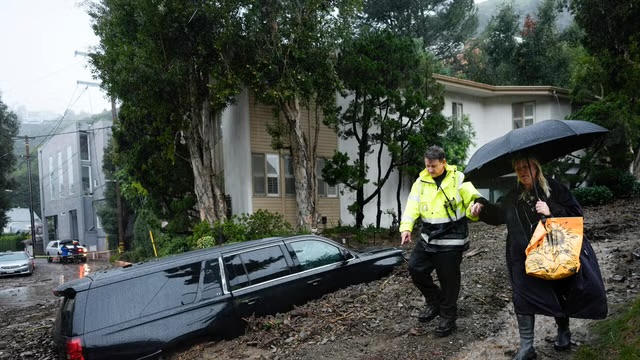
The devastating storms in California reveal the fragility of infrastructure, the politics of preparedness, and the urgent need for resilience in a warming world.

The 2025 executive order revoked federal contractors’ obligations to prepare affirmative action plans , but discrimination bans remain. This article explains the law, clarifies that quotas remain illegal , and offers guidance for building lawful, effective DEI programs.

The rise of pills marketed for women’s confidence reveals the intersection of gender, medicine, capitalism, and the unfinished politics of liberation.

The devastating storms in California reveal the fragility of infrastructure, the politics of preparedness, and the urgent need for resilience in a warming world.
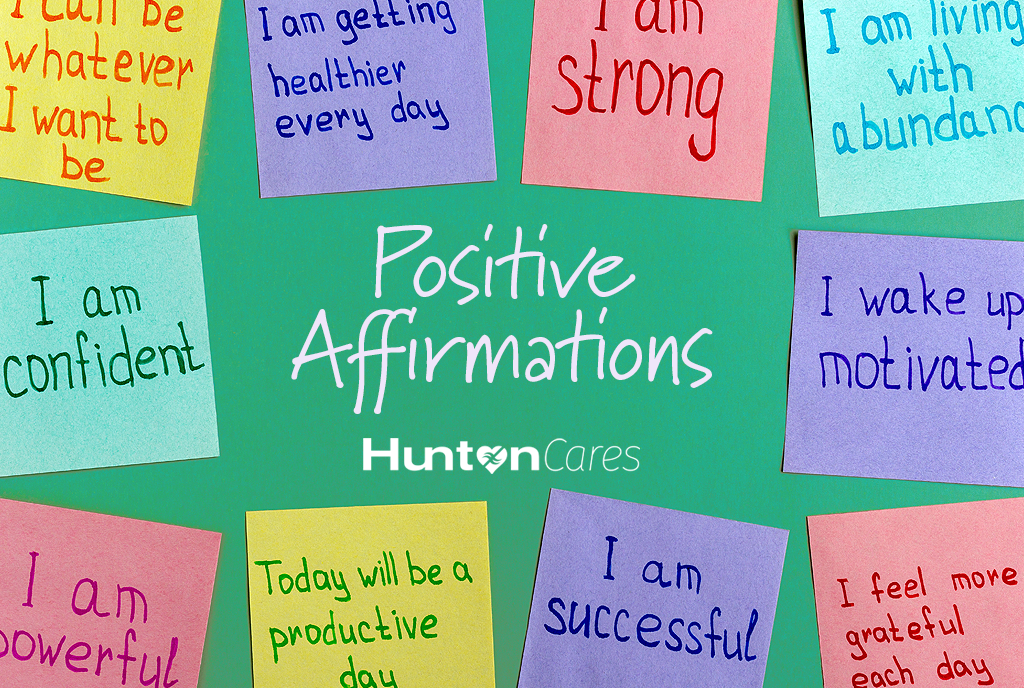
Positive affirmations are more than trendy quotes; grounded in self‑affirmation theory, they can strengthen your sense of self and reduce negative self‑talk . This feature explains the science, outlines practical tips, and warns against using affirmations as magic spells.

Kimmel’s joke barely had time to land before the counter-narratives emerged. Within hours: affiliates suspended his show, politicians weaponized the moment, corporations positioned themselves, and social media split into echo chambers.

The Epstein letter with Trump’s signature reveals deeper truths about power, privilege, and accountability in America’s fragile democracy.

The Serena Williams cotton decoration controversy reveals how fashion, race, and symbolism intersect in culture—forcing societies to confront history, identity, and power.

Created in 1974 by designer Yuko Shimizu, Hello Kitty has generated $84.5 billion and spawned more than 50 000 products. This feature traces her rise, the marketing strategies behind her omnipresence, and the lessons entrepreneurs can learn.

In democracies, power is supposed to be distributed — across the state, the market, and the people. But when all three converge against dissent, the outcome isn’t comedy, it’s control.

Jaden Smith becomes Men’s Creative Director at Christian Louboutin, reshaping fashion, identity, and the global economy.
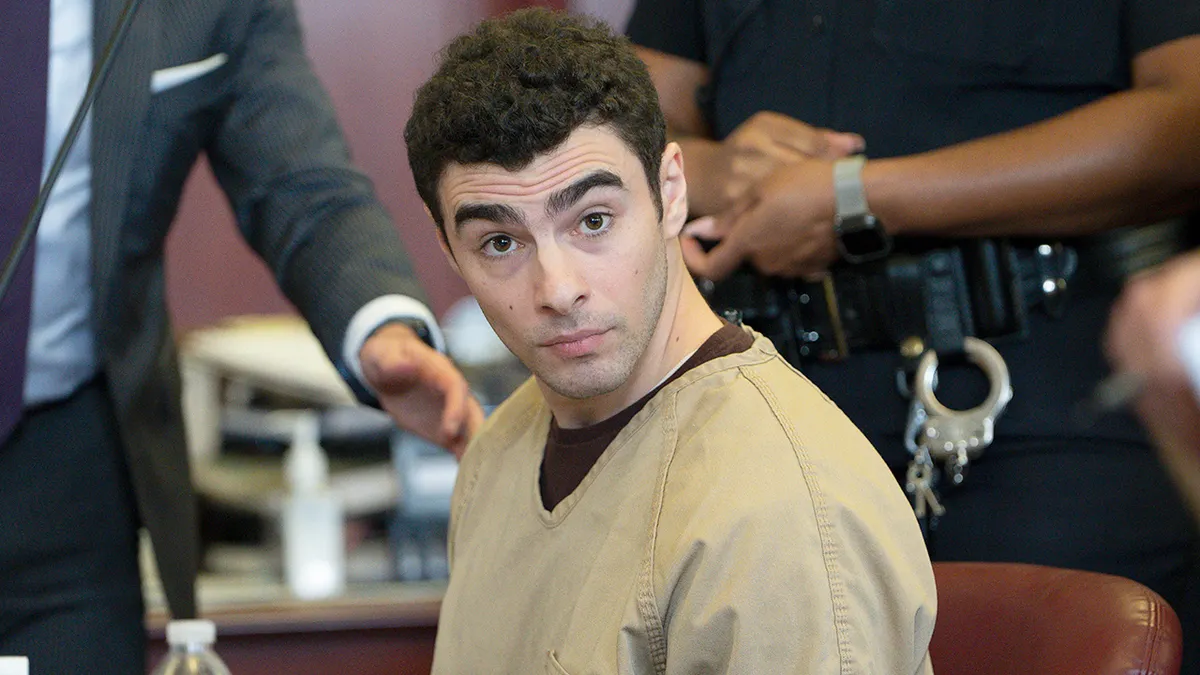
Luigi Mangione will almost certainly be convicted of murder. But the law’s refusal to call his act terrorism reveals a fracture larger than any single verdict.

Justice is not simply about outcomes—it is about perception. When the public perceives a ruling as inadequate, the legitimacy of the system fractures.

The courtroom ruling that reduced his killing to “just murder” may comfort statute books. But markets are not ruled by statute—they are ruled by sentiment. And sentiment is fragile.

When a man guns down the leader of the nation’s largest health insurer, can we really separate the individual from the collective? Was this an attack on one man—or on the machinery of corporate healthcare? The law says no. Reality whispers otherwise.

Kimberley, BC is one of the best ski resort in North America—an all-season destination for skiing, weddings, meditation retreats, and cultural experiences. Discover why this mountain town matters.
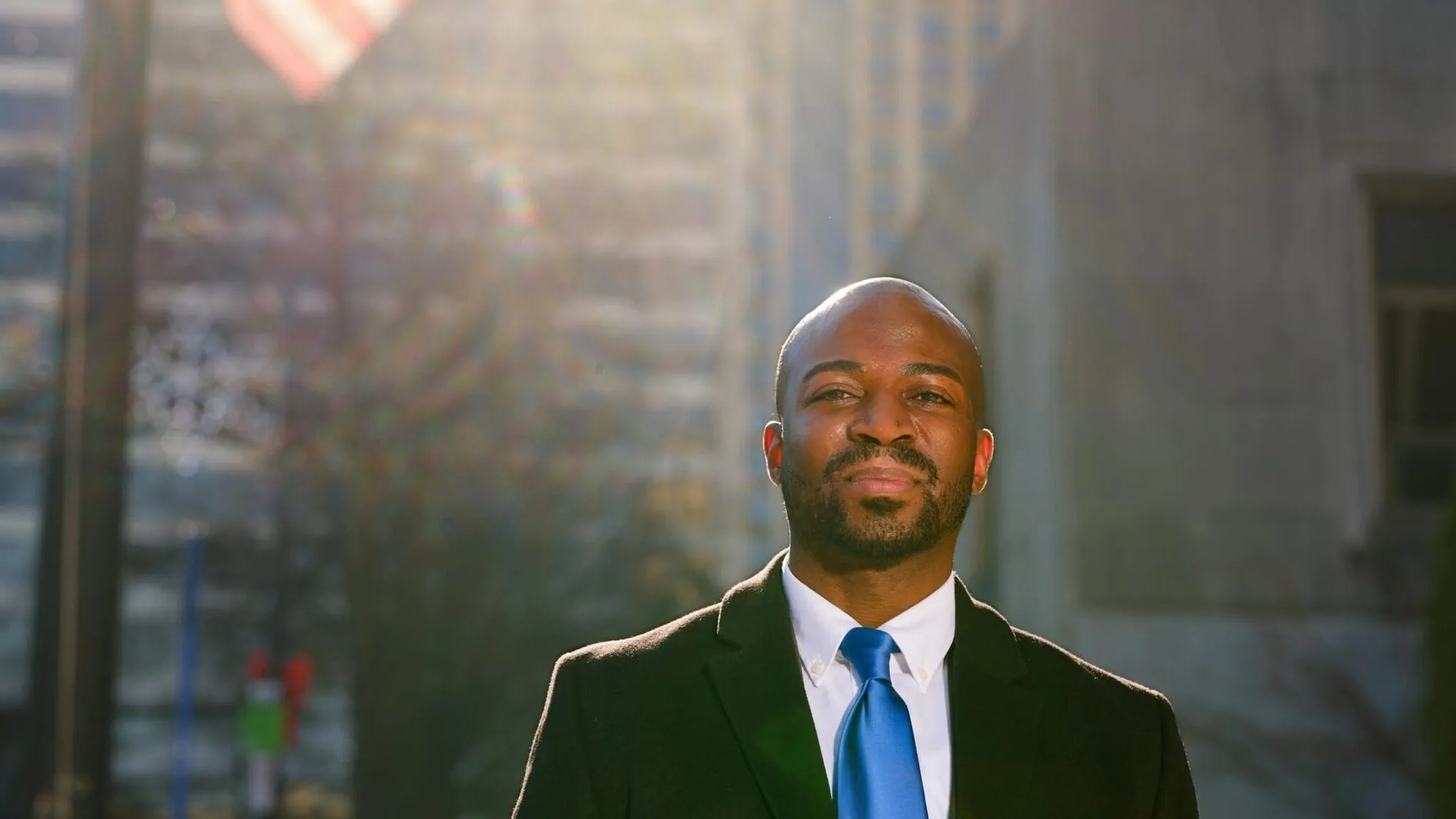
Dakarai Larriett, a gay Black entrepreneur and Senate candidate in Alabama, shares a story of resilience, lawsuits against systemic racism, solidarity with unions and the trans community, and a fight for justice. A perspective on brotherhood, identity, and change. .
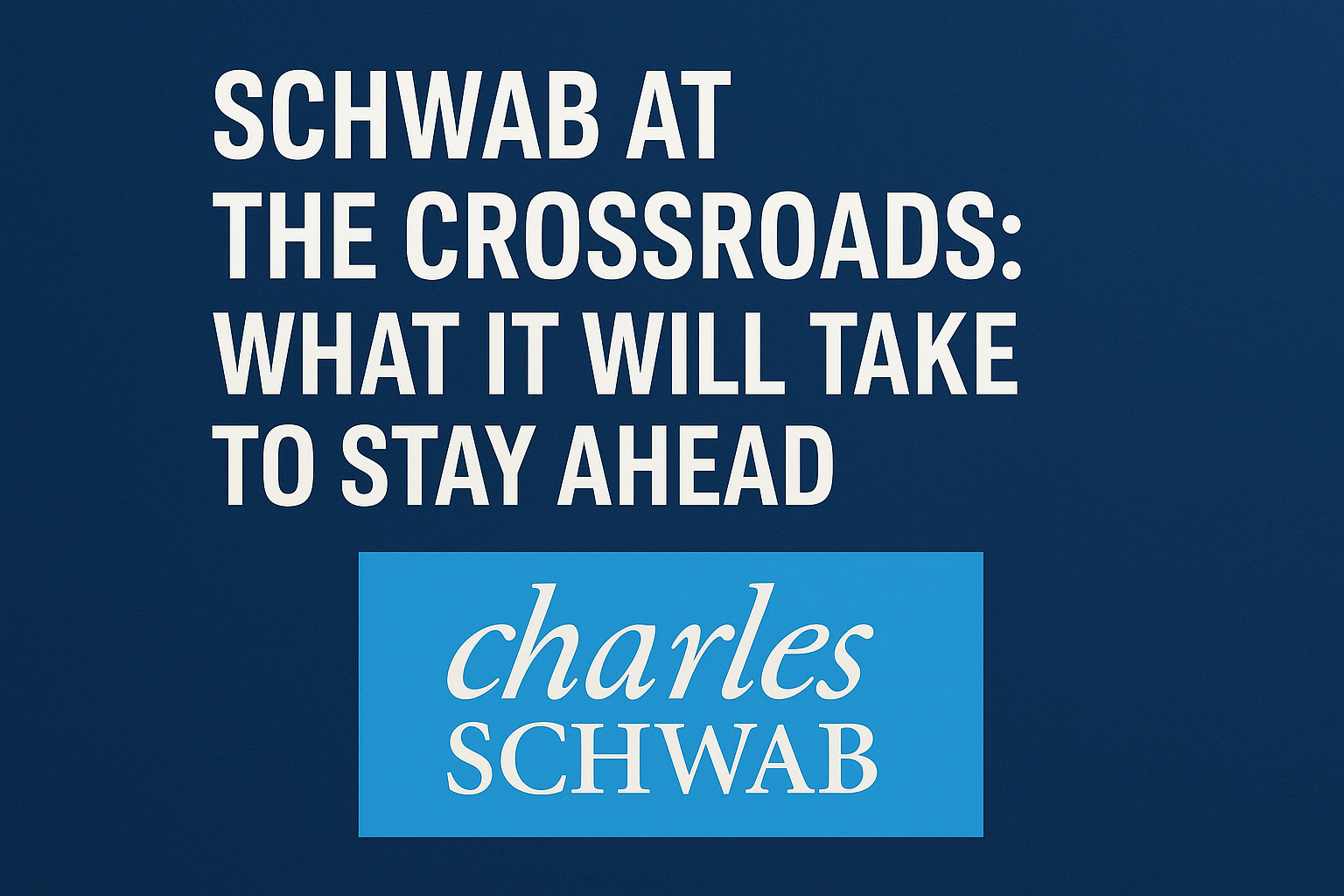
Fees are racing toward zero, fintech disruptors are nipping at the edges, and wealth clients demand more bespoke, human-meets-digital experiences. Schwab is at a crossroads: evolve into the platform of the future or risk being seen as a relic of the discount-brokerage past.

Charlie Kirk’s rise shows how opinion drives power, profit, and risk in America. The imbalance of free speech matters for people, planet, and democracy. Why These Matter: The Imbalance of Power and the Weight of Words
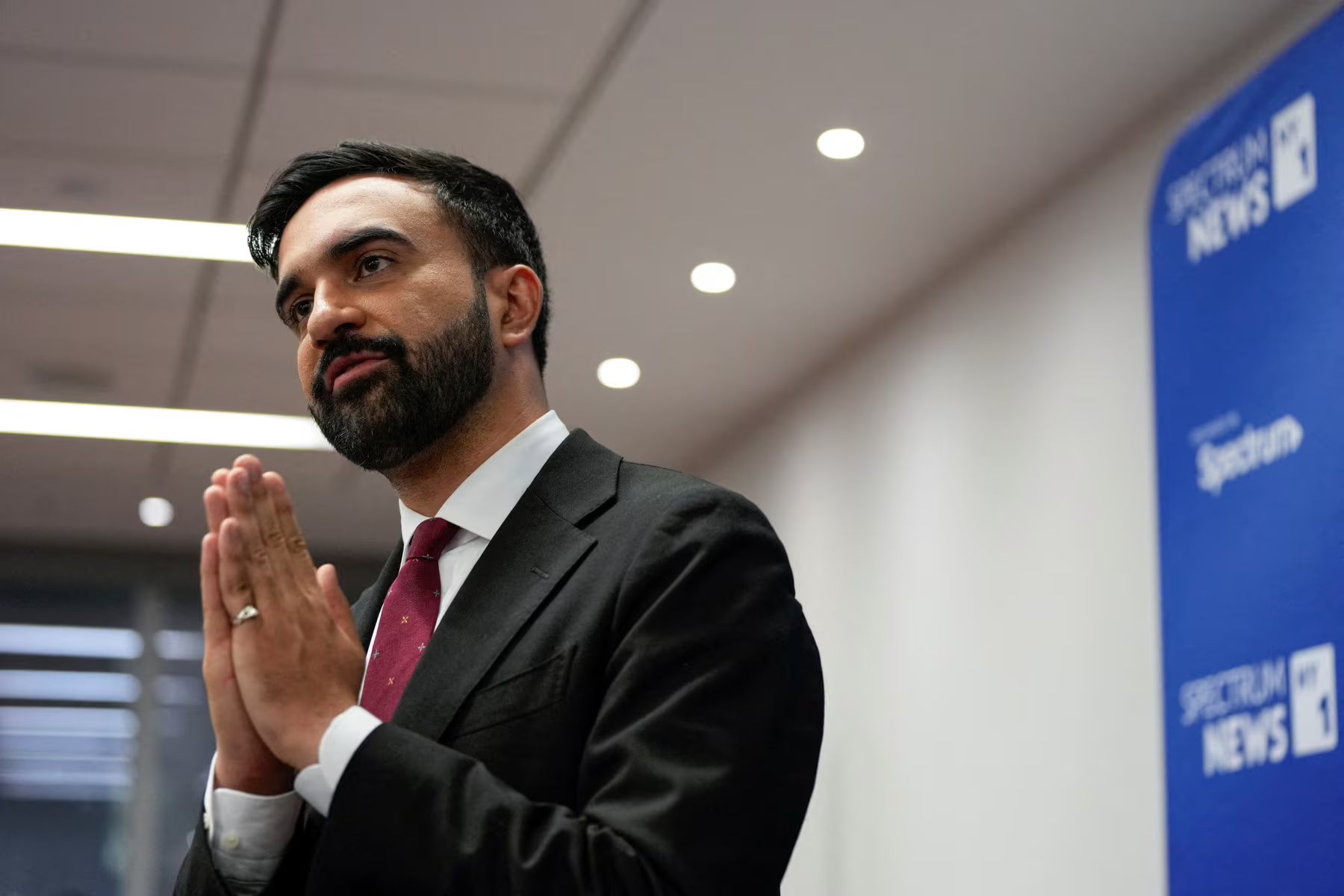
NYC mayoral candidate Zohran Mamdani pushes affordability as infrastructure—housing, transit, wages. A bold vision testing the city’s blueprint.
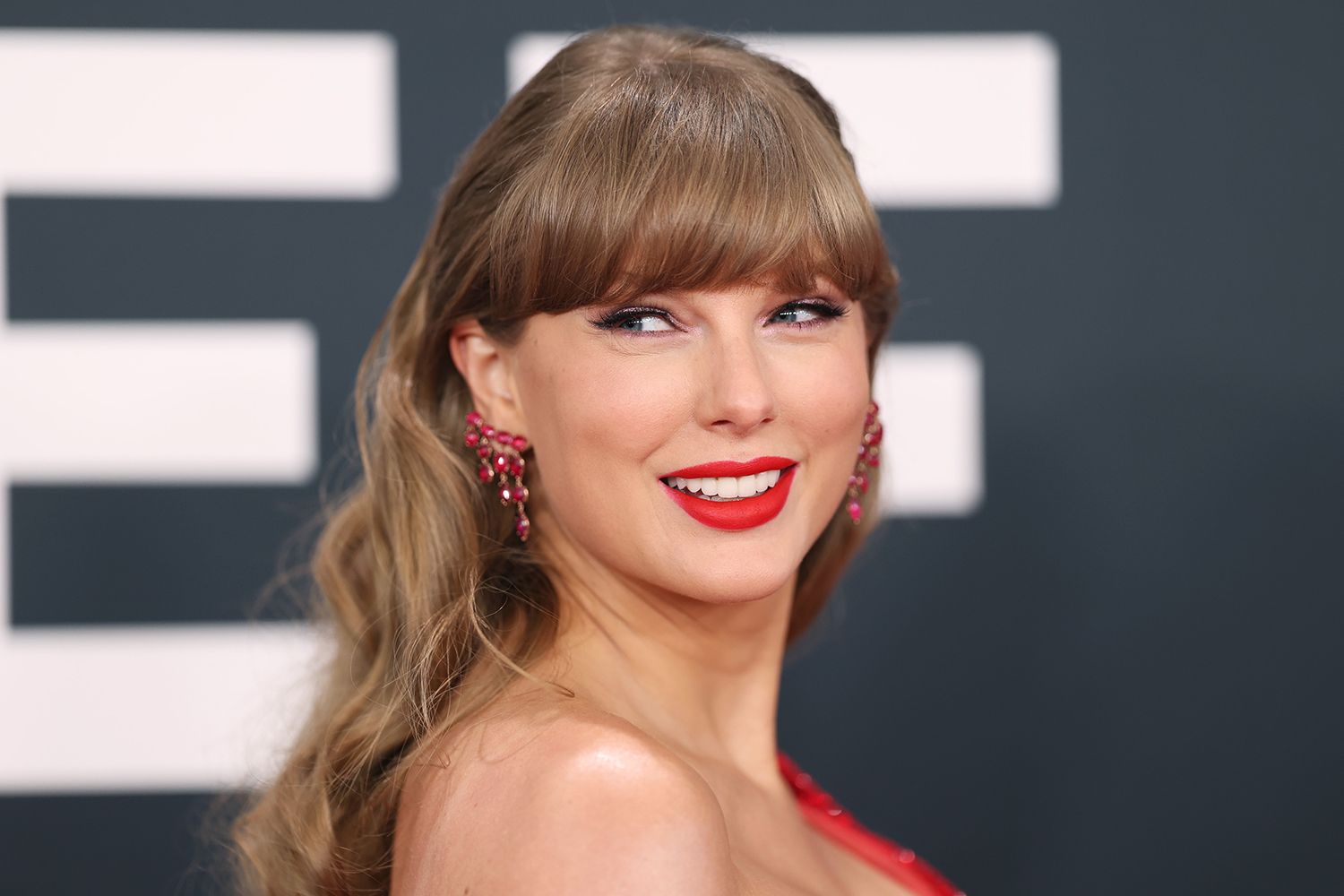
Explore why Taylor Swift matters—her music, influence, finances, philanthropy, and her engagement to Travis Kelce. A cultural force shaping global economics, storytelling, and love.

Apple just fused silicon, sensors, and software into a tighter ecosystem. Phones get thinner yet tougher, watches detect hidden health risks, and earbuds double as discreet fitness instruments.
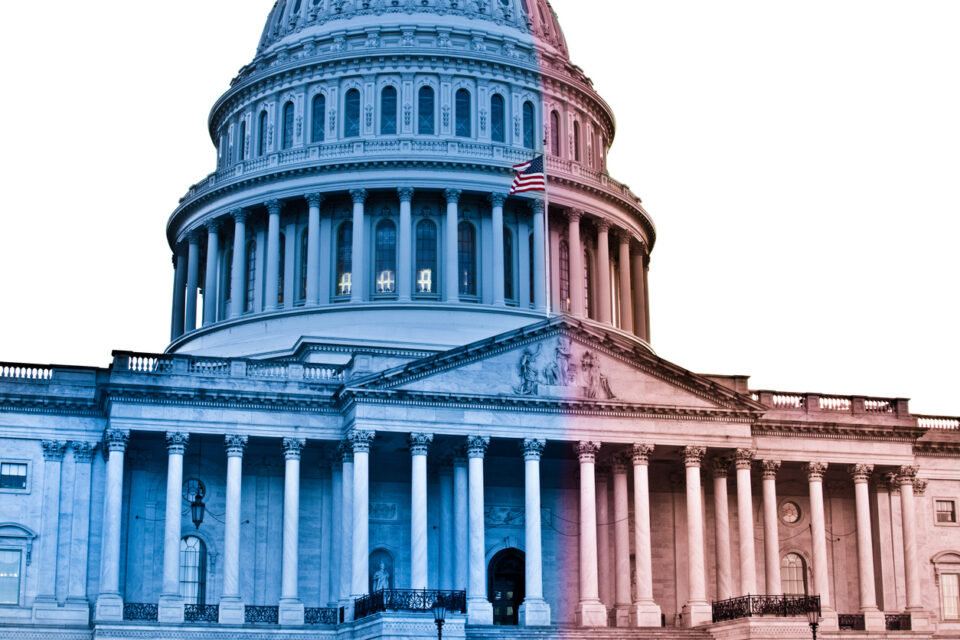
From unborn children to the aged in nursing homes, every generation is bearing the cost of political underperformance. It’s time citizens reclaim accountability and demand results.

From Apple Park to the Louvre Abu Dhabi, these 10 iconic interiors redefine how we live, breathe, and feel. Discover why they matter beyond design.

A sharp op-ed on the peace pageant—red carpets, motorcades, and power math—where diplomacy is performed as much as negotiated.

For the past two decades, business has lived under a spell — the belief that technology is the ultimate disruptor. We’ve worshipped at the altar of innovation, measuring success by how quickly we could automate, digitise, and optimise. Tech has indeed changed the way we live, work, and connect. But here’s the inconvenient truth: In the next decade, technology won’t be the competitive advantage. Trust will.
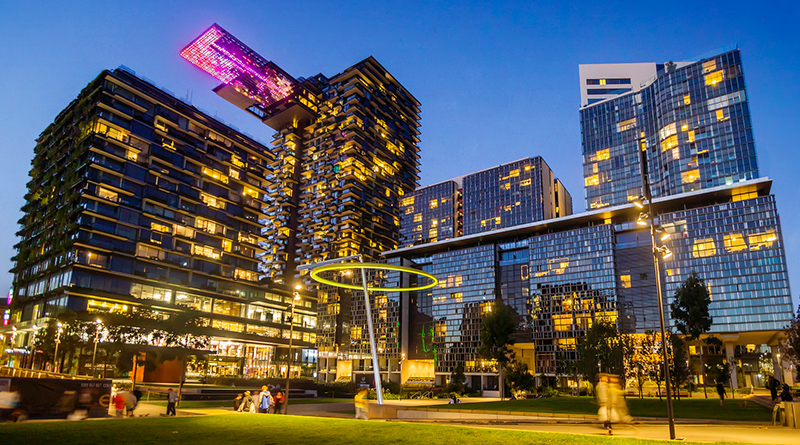
From architecture to public space, a new wave of human-centered design is redefining urban life—and it’s happening faster than most people realize.
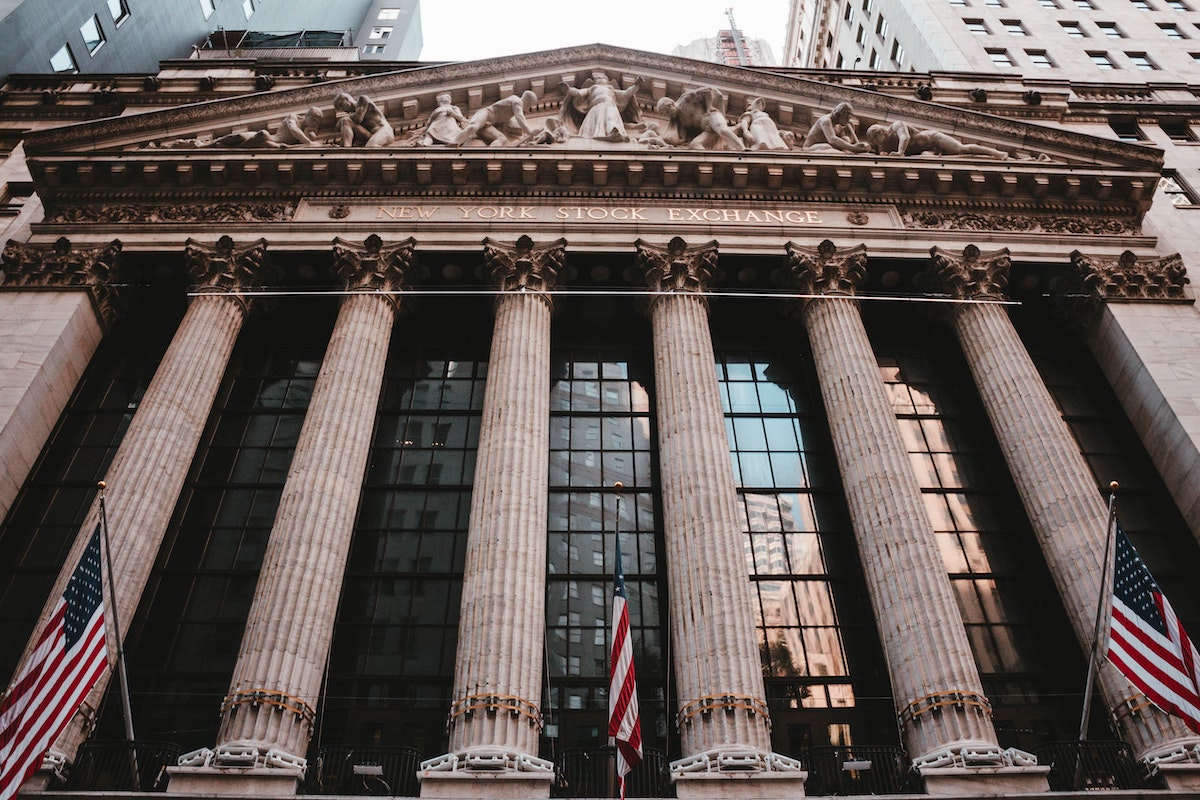
Rising costs aren’t just about numbers—they’re a mirror of deeper economic and social shifts. Here’s what they reveal, and why they matter now more than ever.
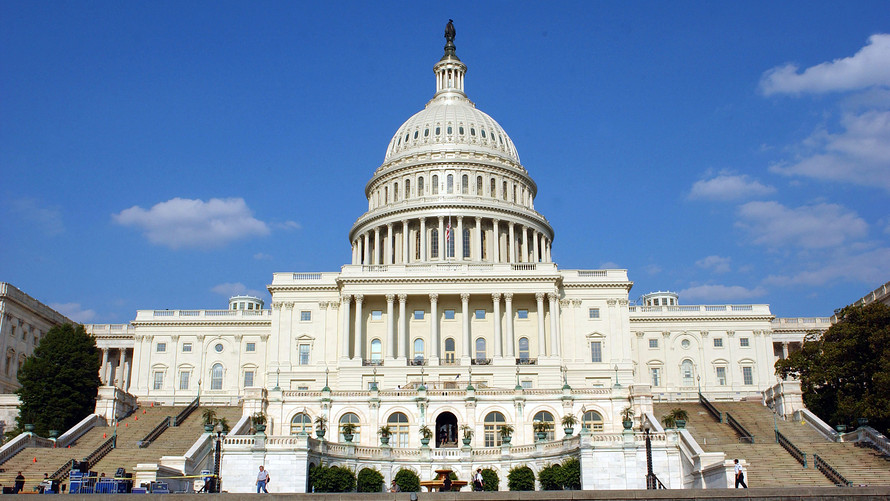
Most people think of legislation as a series of dry, bureaucratic steps. A bill is introduced, debated, amended, and eventually passed. But real legislative power is exercised in the shadows — in late-night negotiations, whispered committee deals, and amendments slipped into thousand-page bills that few read in full.
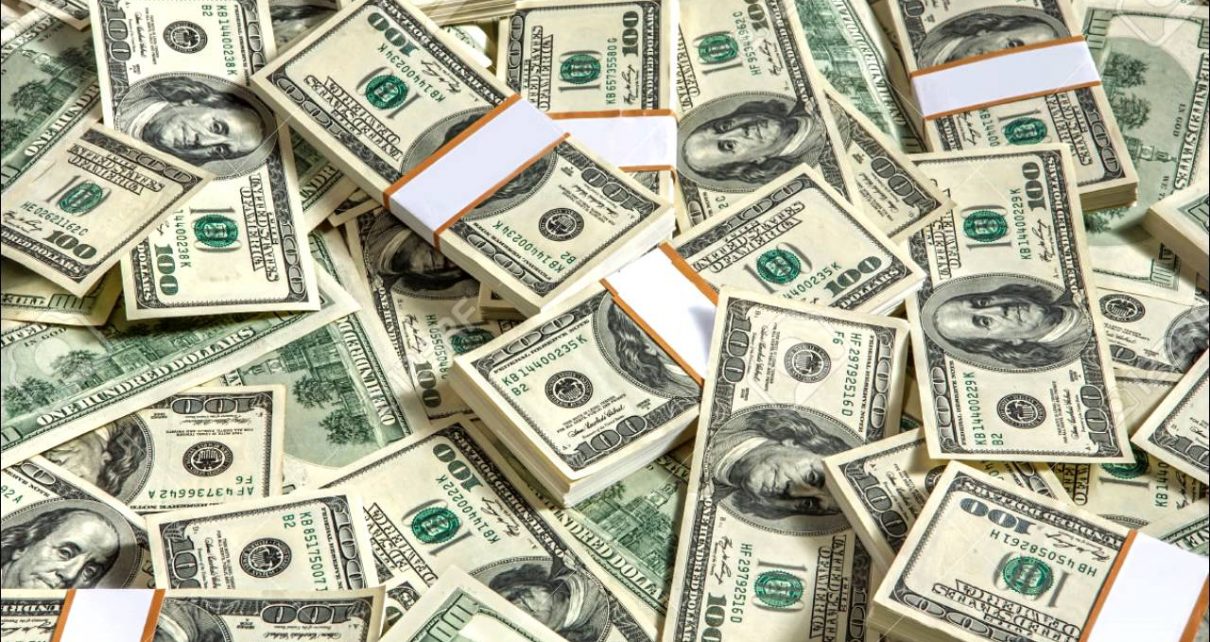
Inflation may dominate headlines, but behind the scenes, deeper structural forces are influencing markets, investments, and personal wealth in ways few are prepared for.

The digital landscape isn’t static. While most businesses proudly cling to the same three-year-old “conversion playbook,” the actual battlefield has moved. Algorithms change. Consumer psychology shifts. Competitors experiment. And quietly, a handful of players are rewriting the rules while everyone else sleeps.
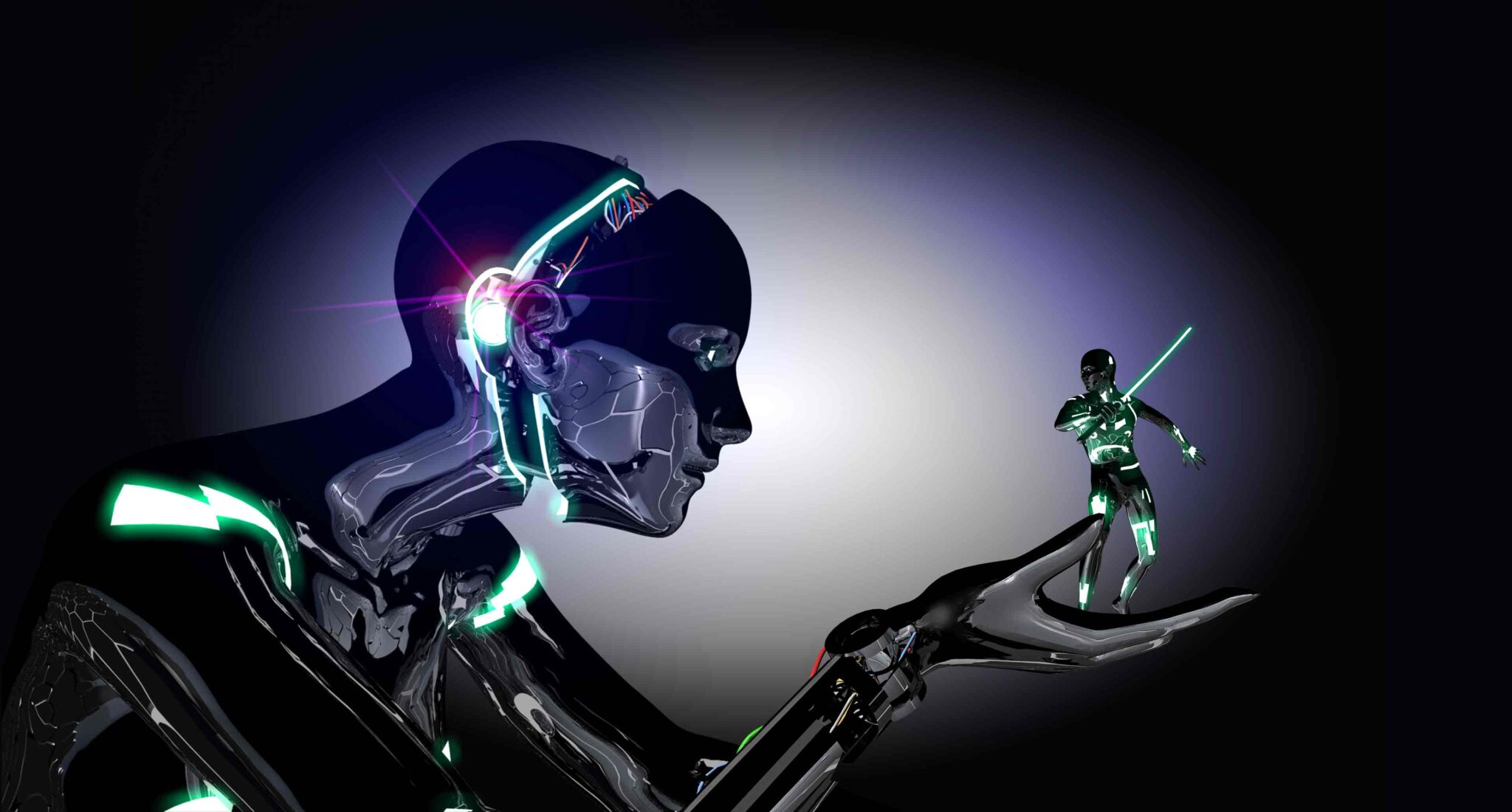
Every click, scroll, and pause you make is teaching a machine what stories to serve you—and which ones to bury. The result? Your version of reality isn’t the truth. It’s the feed.
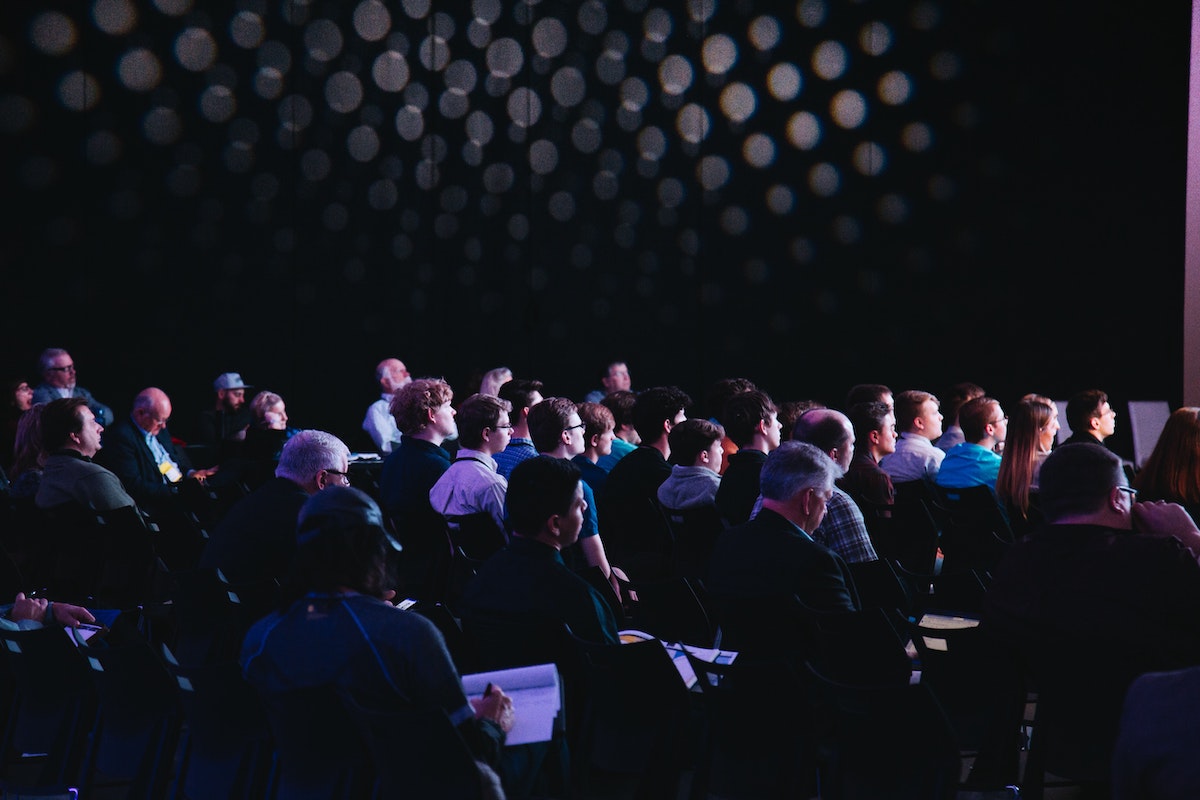
Now? The lobby chatter is back. The name badges are swinging again. And the quiet deals that change industries are once more being inked over too-strong coffee at 7:45 a.m. in five-star hotels.

In boardrooms and pitch decks, “returns” is usually shorthand for money. But in 2025’s investment landscape, the currency of return is shifting—sometimes subtly, sometimes violently.

Advances in precision medicine and lifestyle science are moving us closer to a future where aging is not just slowed, but redefined. The key? Health span over lifespan.